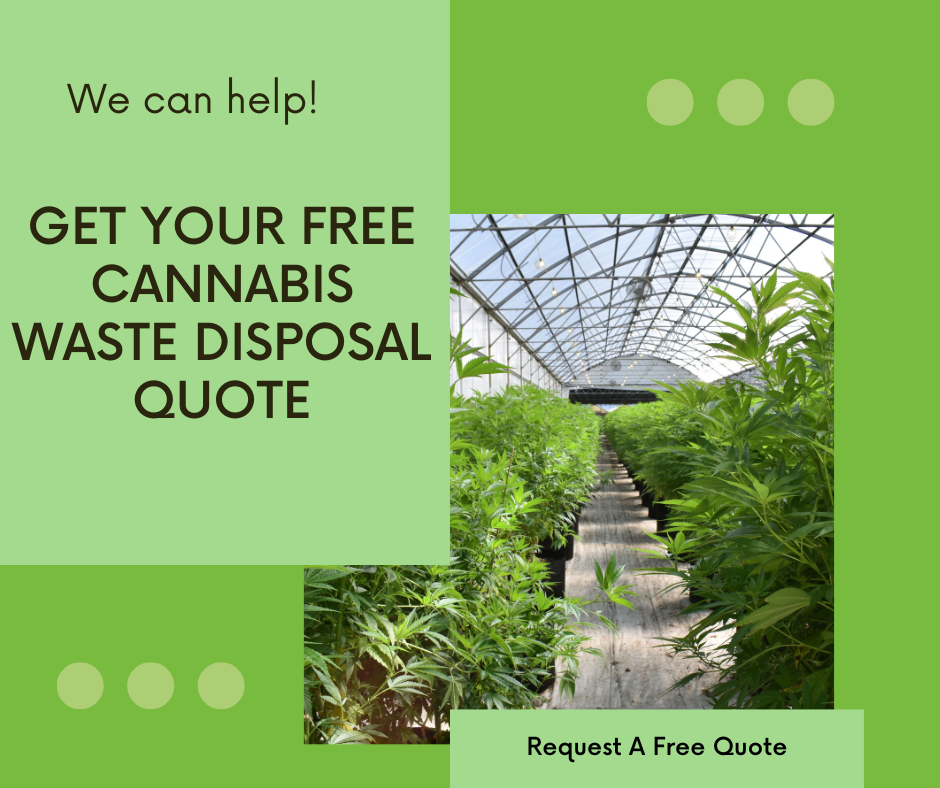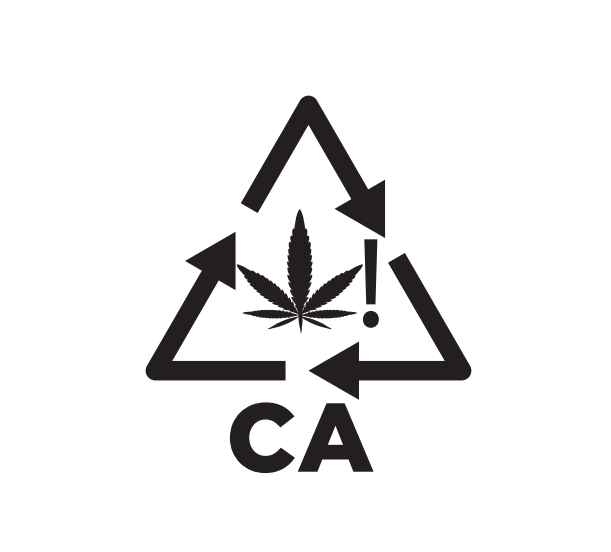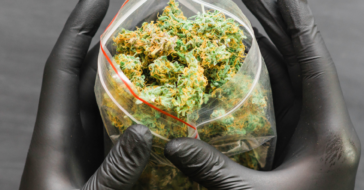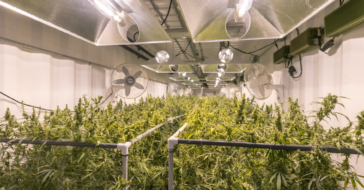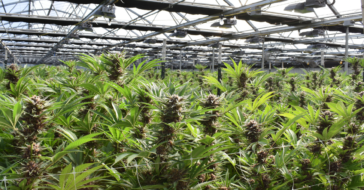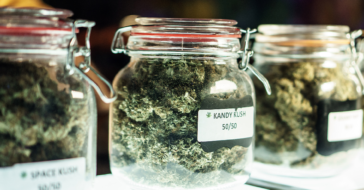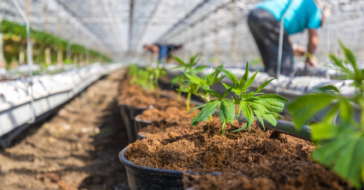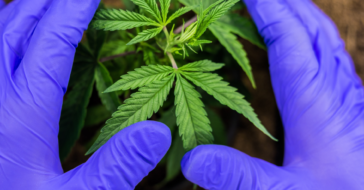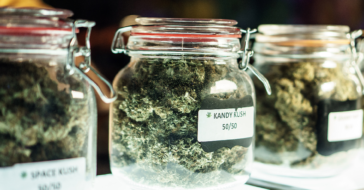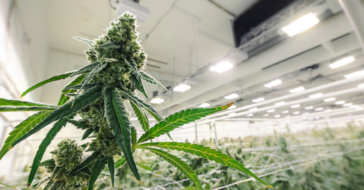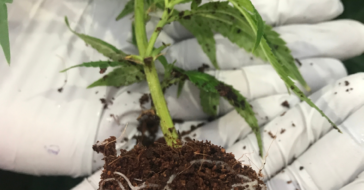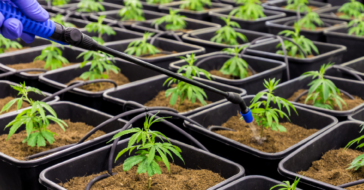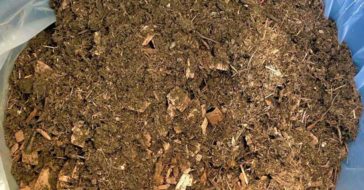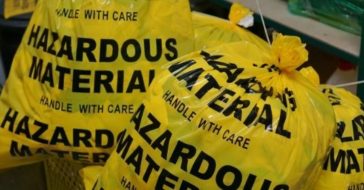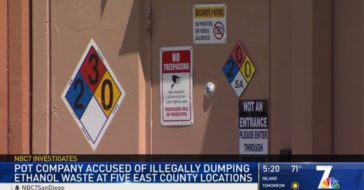Cannabis laws are changing at a rapid pace, not only in California but in states across the country.
In some states like California, Oregon and Washington, cannabis is legal. In other states like Kansas and Wyoming, it is illegal. Then, there are a lot of states in the middle, with some signing off on the legalization of medicinal marijuana and others allowing CBD with THC only.
A few states may change their stances in just a few months, with four (Florida, Idaho, Nebraska and South Dakota) working toward putting legalization questions before voters in November.
At the federal level, the U.S. Justice Department has proposed changing pot from a far more serious Schedule I drug to a Schedule III substance. This followed a recommendation from the U.S. Health and Human Services Department and would ease restrictions, though marijuana would not yet be considered a legal substance for recreational use at the federal level.
Even within California, cannabis laws are evolving. Earlier this year, the governor vetoed Senate Bill 58 (shroom legalization), but indicated that changes to state laws governing plant-based hallucinogens could still be on the horizon.
So what does all of this mean if you’re a business thinking about expanding to offer cannabis products? Whether you’re located in a state that may be on the verge of legalizing cannabis, or you’re located in a state that has already legalized marijuana but is still seeing changes at the legislative level, it’s important that you stay informed and adaptable.
Here are some tips to help you navigate this dynamic environment.
Develop A Compliance Plan
If you haven’t already done so or are considering opening a cannabis business, it’s crucial to develop a comprehensive compliance plan. This plan should include detailed standard operating procedures (SOPs) for every aspect of your business, from cultivation and production to sales and marketing.
a comprehensive compliance plan. This plan should include detailed standard operating procedures (SOPs) for every aspect of your business, from cultivation and production to sales and marketing.
Your compliance plan should cover the following key areas:
- Licensing and permits
- Security measures
- Product testing and quality control
- Employee training and safety
- Record-keeping and reporting
- Waste management procedures
- Advertising and marketing compliance
Regularly review and update your compliance plan to reflect any changes in federal laws, state laws or local laws. Staying proactive and adaptable will help you remain compliant and avoid potential fines or legal issues.
It’s particularly important to ensure that your compliance plan also addresses specific regulatory requirements related to waste management since proper disposal of cannabis waste is a critical aspect of maintaining compliance. Let’s dive further into this since it plays an important role in the future of your business.
Don’t Overlook Waste Management
Every business generates waste of some kind. Many generate multiple waste streams, from hazardous to non-hazardous.
Even within cannabis waste itself there are multiple waste streams, from plant waste to hazardous waste and even electronic waste.
In general, cannabis waste includes any material used in the cultivation, processing or sale of cannabis that is no longer useful or has been deemed unusable. Proper disposal of this waste is not only a regulatory requirement but also an environmental responsibility.
Here are some essential steps to ensure your cannabis waste management practices meet compliance standards.
Understand regulatory requirements. Familiarize yourself with state and local regulations regarding cannabis waste disposal. These regulations often dictate specific methods for rendering cannabis waste unusable and unrecognizable, as well as approved disposal methods.
Develop a waste management plan. Create a detailed waste management plan that outlines procedures for handling, storing and disposing of cannabis waste. This plan should be integrated into your overall compliance strategy and regularly reviewed and updated to reflect any regulatory changes.
Segregate waste streams. Properly segregate cannabis waste from other types of waste. This includes separating plant material, such as leaves and stems, from non-plant material, such as packaging and lab waste. Each waste stream may have different disposal requirements.
Render waste unusable and unrecognizable. Before disposal, cannabis waste must be rendered unusable and unrecognizable. This can be achieved by mixing the cannabis waste with non-cannabis waste materials, such as soil, plastic or cardboard, at a specific ratio mandated by your local regulations.
Track and document waste. Maintain accurate records of all cannabis waste generated, including the type and quantity of waste, the method of disposal and the date of disposal. Utilize tracking software to ensure all waste is accounted for and properly documented.
Partner with licensed waste disposal services: If you contract with a third-party waste disposal service, ensure they are properly licensed and compliant with state regulations. These services can help you manage and dispose of cannabis waste according to legal requirements.
Train employees on waste management protocols. Provide regular training for your staff on waste management procedures. Employees should be aware of how to properly handle and dispose of cannabis waste and understand the importance of compliance.
Consider environmental impact. Look for ways to minimize the environmental impact of your waste management practices. This could include recycling programs, composting organic waste or exploring more sustainable packaging options.
By implementing a robust waste management plan, you can ensure your cannabis business remains compliant with regulations and demonstrates a commitment to environmental stewardship. Proper waste management not only helps you avoid fines and legal issues but also contributes to the sustainability and reputation of the cannabis industry.
Know Where Your Business Is Allowed
Even within states that have legalized cannabis, there are some communities that have different regulations in place. Some small communities do not allow for the sale of cannabis products, for example. This might surprise you, especially if you were considering expanding your business into other areas of the state.
place. Some small communities do not allow for the sale of cannabis products, for example. This might surprise you, especially if you were considering expanding your business into other areas of the state.
In fact, 56% of cities or counties do not allow any type of cannabis business in California.
In California, you can use this Department of Cannabis Control map to search which cities and counties license cannabis businesses. You can filter by business type, including retail, distribution, manufacturing, cultivation and testing. You can also search by city or county if you are considering a specific location for your business.
As regulations evolve, more communities may allow cannabis businesses to operate. You can read more about this aspect of setting up a business in our article, Cannabis in California: Where Businesses Are Allowed.
Keep On Top Of Regulations
In the rapidly evolving landscape of cannabis regulation, staying informed about legislative changes is not only necessary for maintaining compliance but also for capitalizing on new opportunities.
Regularly checking for updates on both state and federal cannabis laws will help ensure that your business operations remain aligned with current legal requirements. Subscribe to industry newsletters, follow relevant news sources, and join professional associations to access timely information and insights. These resources can provide updates on proposed legislation, regulatory changes and enforcement trends, allowing you to anticipate and adapt to new legal landscapes.
Establishing strong relationships with key partners, including waste disposal companies, can further enhance your ability to stay compliant. For example, a licensed waste disposal company can be a valuable resource for ensuring your practices meet all cannabis waste disposal requirements.
These partners often have specialized knowledge of the latest regulations and best practices, and they can provide guidance and support to help you navigate complex compliance issues. By leveraging their expertise, you can develop and maintain a robust compliance strategy that covers all aspects of your business.
Prioritize Regular Employee Training
Whether you’re training new employees or updating current ones with the latest cannabis news, it’s important to have a comprehensive training program in place.
Regular training sessions should cover compliance, safety protocols and industry best practices. By keeping your team up-to-date on the latest regulations, you ensure that they are equipped to handle compliance-related tasks effectively and can respond to any regulatory changes.
Thorough training programs also enhance workplace safety by educating employees on proper handling and disposal of cannabis products, emergency procedures and occupational health standards.
Well-trained staff are more likely to adhere to compliance requirements, minimize risks and contribute to a culture of safety and accountability within your organization. Investing in continuous education and training not only helps in avoiding legal issues but also fosters a knowledgeable and competent workforce.

